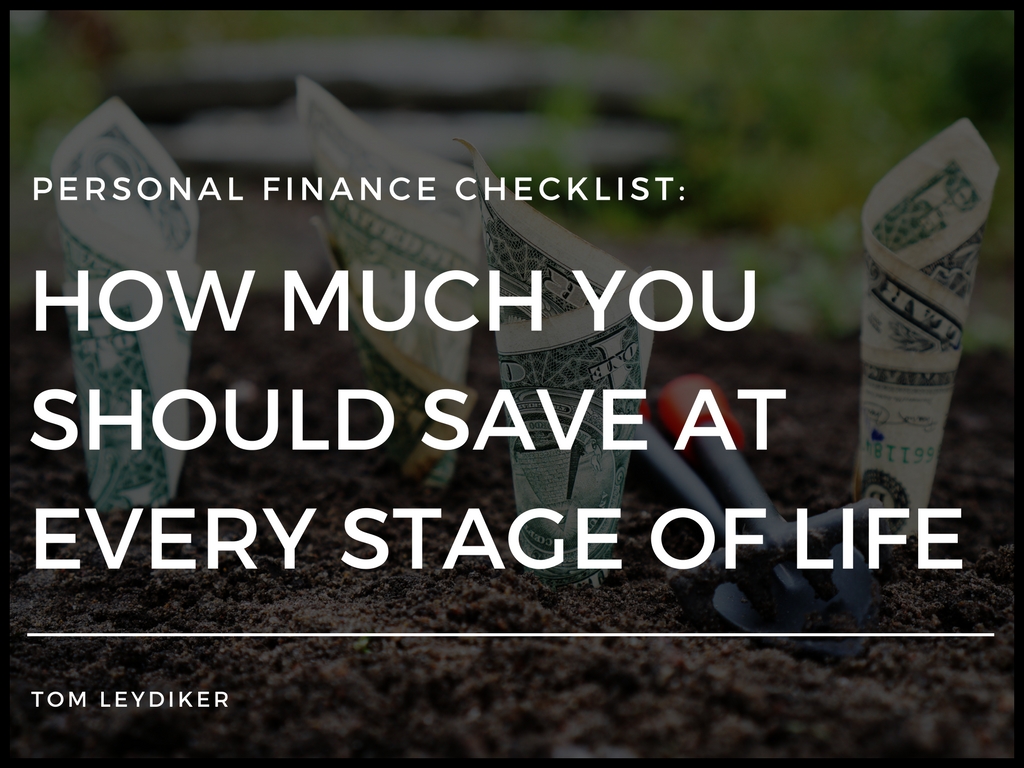At some point in your life, you may fall under hard financial times. This happens to many people and does not mean the end of the world for your bank account or credit score. There are ways to come back from financial hardship and be prepared to avoid them in the future. This article will talk about some common financial woes and how to avoid them.
Create a Budget
Most people think they have a good understanding of where their money goes. Taking a closer look at your monthly spending may surprise you. Where your money is going may not match up to what you thought you were spending. A good way to avoid financial hardships and even dig yourself out of one is to set a budget for yourself. Take your monthly analysis of your spending and formulate a budget that will keep you in the green each month. Make sure your budget is tangible. Try not to guess at what you spend on certain items, be precise and you will be more likely to stick to your budget.
Impulse Buying
A common mistake among consumers is to purchase something on impulse. If you come across an item and immediately think “I need to have this!” Take a step back and evaluate the reasoning behind the purchase. Is this going to get me to my financial goals? Is this item necessary for me to buy? These questions will help control your impulses and ultimately keep you connected with your budget. If after a month you are still yearning for that item then save up enough money to get it for yourself.
Alternatives To Spending
Instead of going out to a fancy bar or restaurant, aim for a day packed with homemade sandwiches and a hike near your local trail. Any alternative you can find to spending money on miscellaneous things like a bar or restaurant should be pursued to help you save money and maybe even find your new favorite activity.
Medical Insurance
Nothing can help you dampen the blow of a medical emergency like medical insurance can. Without insurance, you are at risk of paying high fees for medical procedures that can plunge you into financial hardship for a long time. Medical emergencies are unpredictable, and it is better to be insured no matter your financial situation to avoid destroying your financial credibility for good.


